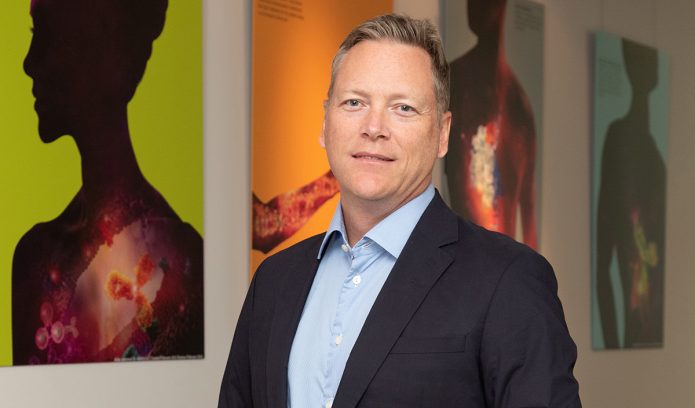If you don’t know someone who has, or has had, a mental health problem, you’re simply not paying attention. All of us have friends, family members or colleagues who have been depressed; struggled with grief, an eating disorder or a learning problem; or have died by suicide.
Globally, one in four people will experience a mental health problem at some point, yet only 25% of them reach out for support. For most, the fear that others will judge them negatively overcomes the desire to seek treatment.
Mental illness is treatable—and recovery is possible—when education is available and family, peer and community support systems are used.
But stigma of, and discrimination against, those living with mental illness is widespread. It can be found in schools and universities, workplaces, housing, healthcare and media. It causes shame, prejudice and hopelessness; it leaves many trying to manage the problem on their own, either by suffering in silence or masking the pain with drugs or alcohol.
This year TELL is campaigning to shatter stigma in Japan, which lags behind North America, Europe and, in particular, Australia (a world leader) in awareness and tolerance of mental health issues.
How can we work together to overcome stigma?
As always, knowledge trumps ignorance. Many of us have learned about mental health issues when a friend or relative has had a problem. If we pass along our knowledge—and correct misapprehensions—we can improve things for the mentally ill.
When you hear or see incorrect information about mental health issues in the media, at work or among friends, speak up. Challenge myths and stereotypes. Let people know how negative words and incorrect descriptions affect people with substance misuse and mental health problems, and perpetuate misunderstandings.
At the same time, we can be ambassadors for change by paying attention to the ways in which we speak and write. We can and should use accurate and sensitive words when talking about people with mental health and substance use problems.
Finally, and perhaps most obviously, we can treat all people—regardless of the state of their mental health—with dignity and respect. Think about how you’d like others to act toward you. If you have family members, friends or co-workers with substance misuse or mental health problems, support their choices and encourage their efforts to get well.
Together we can make a difference and change lives for the better.






